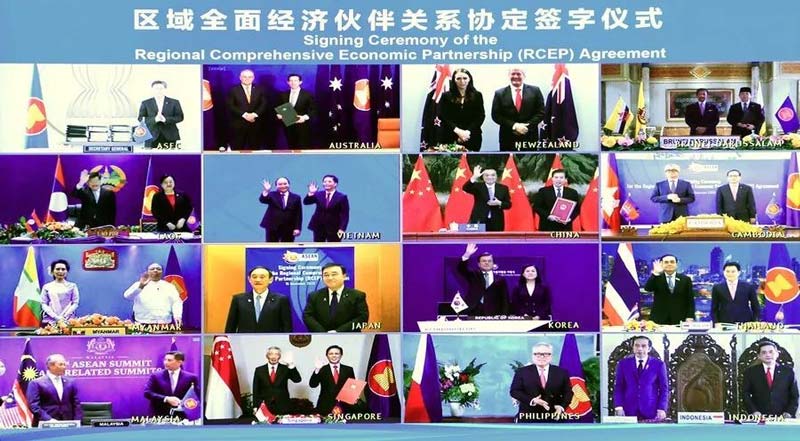Signing of RCEP and its significance to foreign trade companies

RCEP was initiated by the 10 ASEAN countries in 2012. The member countries include the 10 ASEAN countries and China, Japan, South Korea, Australia, and New Zealand, aiming to establish a free trade agreement with a unified market by reducing tariffs and non-tariff barriers.
Tariff reduction among the members of the RCEP agreement is mainly based on the commitment to immediately reduce tariffs to zero tariffs and reduce tariffs to zero tariffs within ten years. The free trade zone is expected to achieve major phased construction results in a relatively short period of time. After the RCEP is signed, the tariff items that are included in zero tariff may reach 95%.
This is beneficial to consumers on the one hand, and on the other hand is the low-cost effect on the circulation of capital, technology, services, and commodities. Foreign trade companies can significantly reduce costs in participating in the division of labor in the international industrial chain.

China's major trading partners will further transfer to ASEAN, Japan, South Korea and other countries, and RCEP will also bring opportunities to companies. Then, companies with more foreign trade and investment will get more opportunities, and companies with competitive advantages will get greater benefits.








